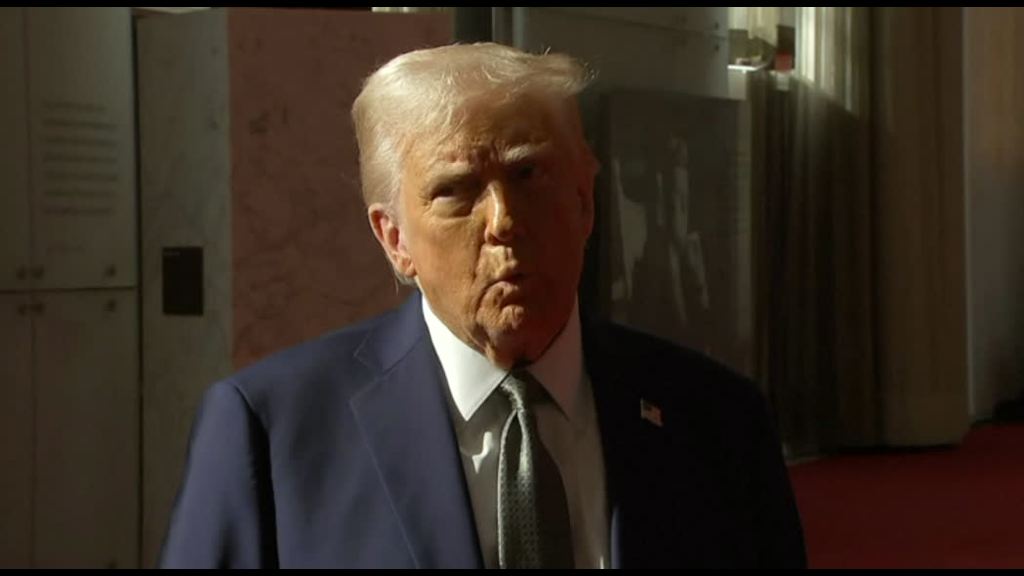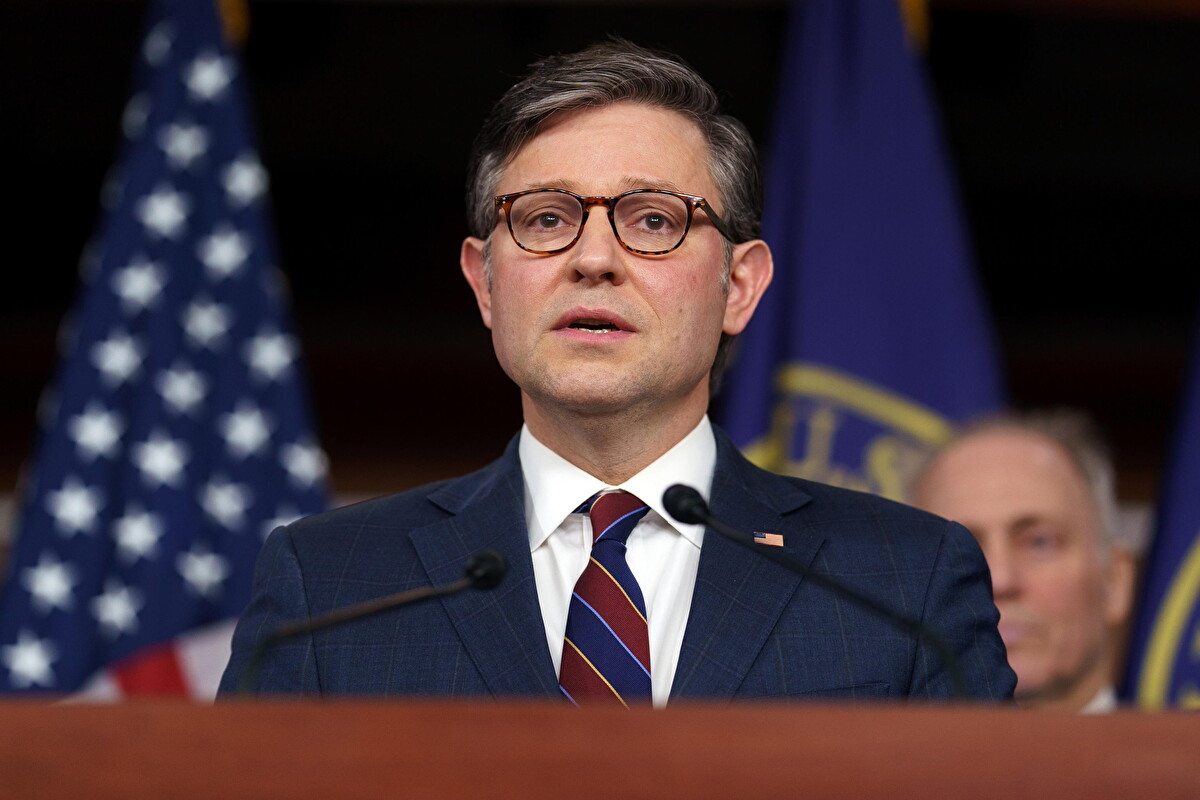On Friday, President Donald Trump promoted the idea of having American prisoners serve out their sentences in foreign prisons, referring to suspects accused of setting Tesla vehicles and charging stations on fire in South Carolina, Colorado, and Oregon. “I look forward to watching the sick terrorist thugs get 20 year jail sentences for what they are doing to Elon Musk and Tesla,” the president wrote on Truth Social, a social media platform that he owns. “Perhaps they could serve them in the prisons of El Salvador, which have become so recently famous for such lovely conditions!”
The facility in question, called CECOT, is broadly accused by human rights organizations of severe abuses towards prisoners, which Trump apparently alluded to ironically in his post. In February, Secretary of State Marco Rubio brokered a deal with Salvadorian president Nayib Bukele during an official visit, in which El Salvador would agree to receive prisoners form the United States, including American citizens, in exchange for Washington pledging support for its nuclear program. At the time the agreement was announced, both Rubio and Trump acknowledged legal issues surrounding the deportation of American citizens, though the president said that if those issues were overcome, he would “do it in a heartbeat.” The secretary of state called it an unprecedented “offer of friendship.” Speaking to POLITICO, vice president of advocacy at the Vera Institute of Justice Insha Rahman said there’s no precedent in American history for such a policy. “It is so beyond the pale of anything contemplated by the Constitution or due process or the criminal courts.”
Trump’s statement on Friday comes as his administration has already deported hundreds of migrants that it accuses of gang activity to the CECOT prison. The White House has justified the unprecedented move under the Alien Enemies Act, a 1798 law allowing for deportation of noncitizens without due process. That law has only been previously invoked in times of war, such as the War of 1812 and both World Wars. The Trump administration’s legal reasoning is currently being challenged in federal court by the ACLU and Democracy Forward on behalf of five named plaintiffs. The presiding judge, James Boasberg, told Justice Department lawyers in the case on Friday that their reasoning presented “incredibly troublesome” policy implications. Speaking in the Oval Office this week, Trump called Boasberg a “radical left lunatic.”
While deportation of American citizens would be a new threshold crossed in American policy, groundwork has been laid by previous presidencies in taking severe action against citizens without due process. In 2011, President Barack Obama authorized a drone strike in Yemen that killed Anwar al-Awlaki, an American citizen who condemned the U.S. government’s foreign policy against Muslims and spoke in support of jihad against the United States. U.S. drones assassinated his son Abdulrahman, also a U.S. citizen, two weeks later. Their killings sparked nationwide discussion, as neither had ever been accused of a crime, were not near any acknowledged theater of war with the United States, and were not engaged in a n imminent threat of deadly attack against the United States.












